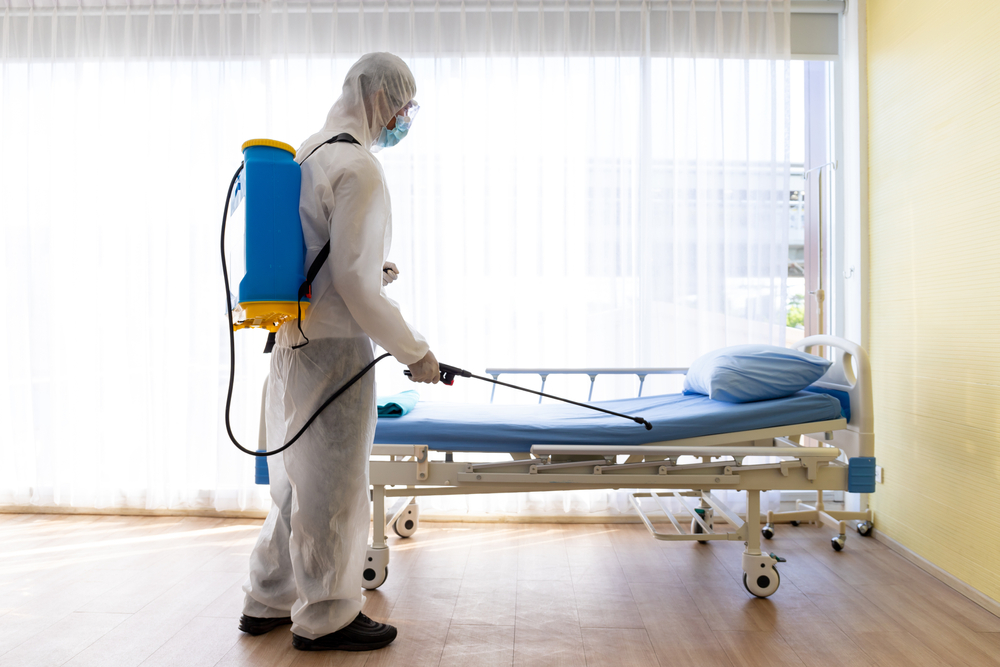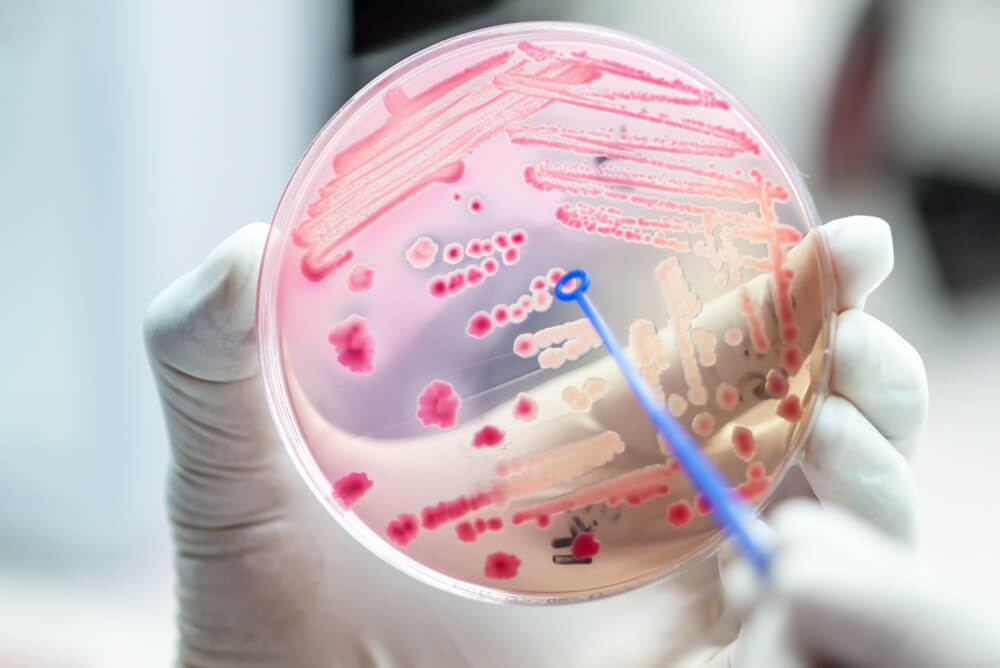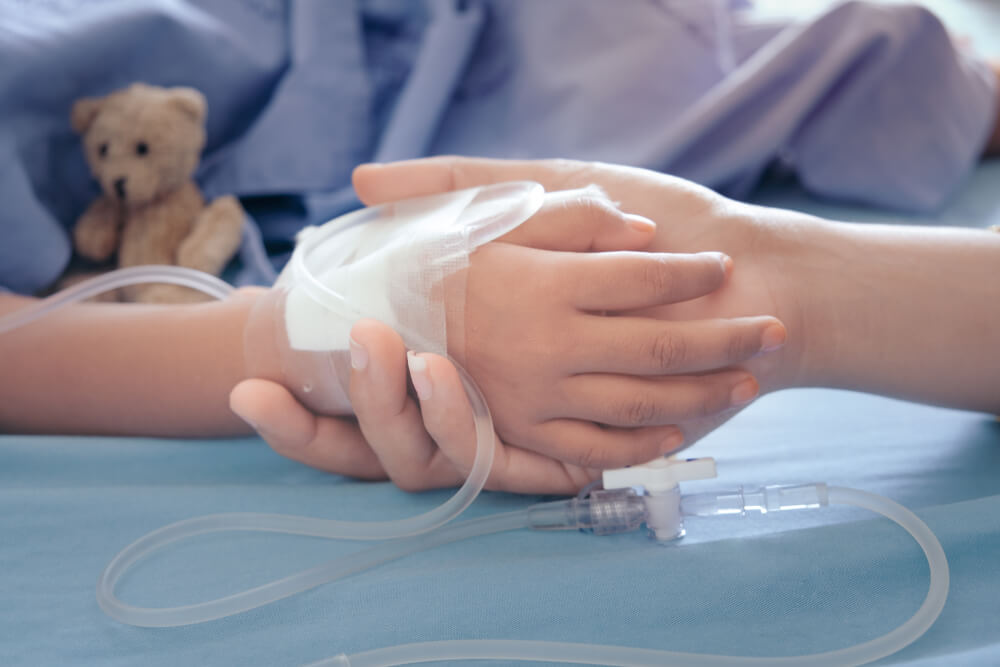Preventing Infection in the Operating Room
With healthcare costs rising aggressively, many providers are under pressure to reduce costs. Infection control is a critical element of cost-effectiveness. Infections can also cause harm to both patients and healthcare workers, so preventing their spread is essential. All medical facilities can benefit from the basics...






